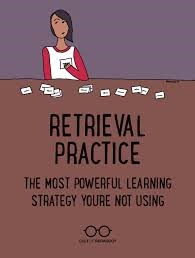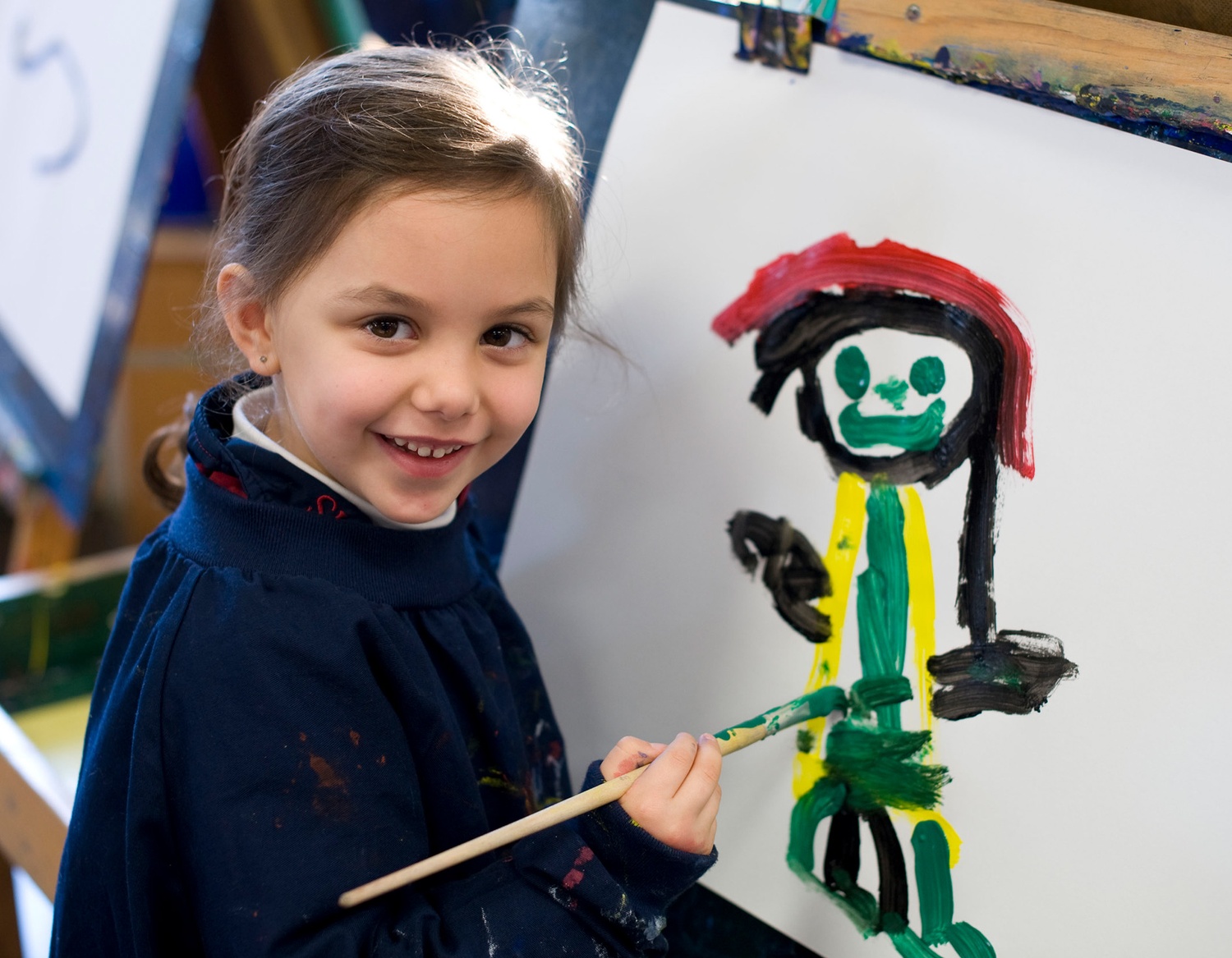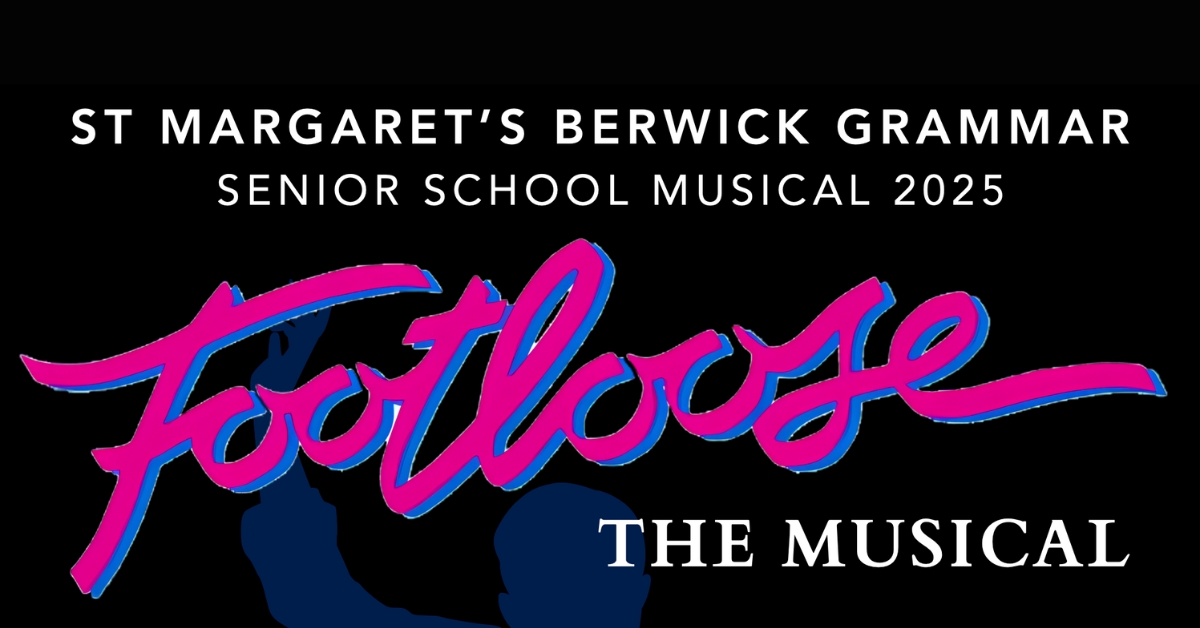
Effective Study Techniques: Retrieval Practice
This article is taken from The Learning Scientist blog at learningscientists.org/blog/2016/6/23-1 By: Megan Smith & Yana Weinstein
The purpose is to give students a resource to help them take charge of their own learning. Today’s post is about retrieval practice – a useful method for studying any material that you’d like to remember in the future.
What is retrieval practice?
Retrieval practice involves recreating something you’ve learned in the past from your memory, and thinking about it right now. In other words, a while after you’ve learned something by reading it in a book or hearing it in a class or from a teacher, you need to bring it to mind (or “retrieve” it). The word after is really important; you need to forget the information at least a little in order for retrieval to be effective! You don’t want to just immediately recite what you see in the book or what the teacher told you, but rather you want to bring the information to mind on your own, once it starts to get a little more difficult to remember what you studied.
What happens when you practise retrieval?
This process of retrieving makes the information more retrievable later; compared to simply studying by looking over your notes, if you practise retrieval you’re more likely to remember the information later, and also more likely to be able to use and apply the information in new situations.
How should you practise retrieval?
So, how should you go about practising retrieval? There are many different ways to implement the general process, and you may be doing so already.
- If your teacher provides practice tests, or there are practice questionsin your textbook, make sure to do them – but without looking at your book or notes!
- If you don’t have practice questions (or you’ve already answered all of your practice questions a few times), you can make your own questions. This process takes a lot of time, but if you create a study group you can each create a few questions and trade. Here’s a blog post that takes you through the process of creating questions from a textbook and practicing retrieval: Be Your Own Teacher: How to Study a Textbook.
- You can also create flashcards, but make sure that you really use them to practice retrieval (bring to mind what you think is on the other side!) rather than peeking. There are also many apps for this if you prefer to use technology. Do make sure to practice retrieving more than just the simple concept definitions you write on your flashcards, though – try linking concepts, or trying to remember how two concepts are similar/different. Here’s a great blog post on more advanced flashcard techniques: Be Your Own Teacher: How to Study with Flashcards.
- Even simpler than practice questions and flashcards, you can just grab a piece of paper and write down everything you know on a topic. All you need is pen and paper – so no excuses!!
- If you like sketching, you can try to draw everything you know on a topic from memory! It doesn’t have to be pretty – it just needs to make sense to you. Here’s a step-by-step guide for how to use pictures to help you remember: Be Your Own Teacher: How to Study with Pictures.
- While sketching, you can also try to organise your ideas into a concept map, like the one below that summarises how retrieval practice works. In a concept map, you take the main ideas and link them together with phrases that explain the relationship between the concepts. But, always try to make the concept map from memory first!
What should you do after you practise retrieval?
After practicing retrieval, it is best to then check your book and notes from class to make sure you correctly and completely retrieved the information. This process corrects any misunderstandings, and gives you feedback about what you know and what you don’t know. Then, a bit later on, practice retrieving the same information again, and watch it get easier!
An Important Note: Practising retrieval can be HARD! Don’t give up!
Ms Linda Shardlow
Director of the Centre for Excellence in Learning and Teaching






